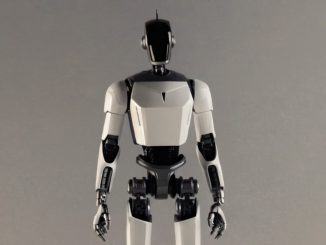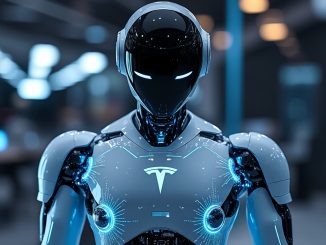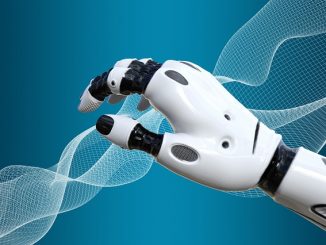In a recent interview, renowned philosopher and cognitive scientist David Chalmers shared his provocative views on the potential for artificial intelligence (AI) to achieve consciousness.
Chalmers, known for his work on the philosophy of mind and consciousness, argues that it is indeed possible for an AI system to be conscious.
David Chalmers says it is possible for an AI system to be conscious because the brain itself is a machine that produces consciousness, so we know this is possible in principle pic.twitter.com/PoOdBi5UTd
— Tsarathustra (@tsarnick) July 20, 2024
Chalmers’ perspective challenges many traditional notions about the nature of consciousness and its relationship to biological organisms.
He draws a compelling parallel between the human brain and artificial systems, stating, “The brain itself is a big machine. Somehow that machine produces consciousness. We don’t know how, but it does it somehow.”
This observation forms the foundation of Chalmers’ argument for the possibility of machine consciousness. He reasons that if a biological machine like the brain can generate consciousness, there’s no fundamental reason why a silicon-based machine couldn’t do the same.
“I think if biology can do it, I don’t see why silicon can’t do it,” Chalmers explains.
Chalmers acknowledges that our understanding of consciousness is still limited, regardless of whether we’re considering biological or artificial systems.
“We don’t understand how silicon could give us consciousness, we also don’t understand how neurons could give us consciousness,” he points out. This lack of understanding, in Chalmers’ view, puts biological and artificial systems on equal footing when it comes to the potential for consciousness.
The philosopher’s stance highlights a crucial point in the ongoing debate about AI and consciousness: our incomplete understanding of consciousness itself.
While we know that human brains somehow produce conscious experiences, the exact mechanisms remain a mystery. This gap in our knowledge makes it difficult to definitively rule out the possibility of machine consciousness.
Chalmers’ perspective invites us to reconsider our assumptions about the nature of consciousness and its relationship to different types of information processing systems. It suggests that as AI systems become more complex and sophisticated, we may need to grapple with profound questions about the potential emergence of machine consciousness.
While Chalmers’ views are certainly thought-provoking, they remain controversial in the fields of philosophy, cognitive science, and AI research. Many scholars argue that biological systems possess unique properties that are essential for consciousness, properties that silicon-based systems may never replicate.
As AI technology continues to advance, the question of machine consciousness is likely to become increasingly relevant. Chalmers’ insights remind us that in the realm of consciousness and AI, we should remain open to possibilities that may challenge our current understanding of mind and machine.
- Bulenox: Get 45% to 91% OFF ... Use Discount Code: UNO
- Risk Our Money Not Yours | Get 50% to 90% OFF ... Use Discount Code: MMBVBKSM
Disclaimer: This page contains affiliate links. If you choose to make a purchase after clicking a link, we may receive a commission at no additional cost to you. Thank you for your support!





Leave a Reply